Introduction:
Dental phobia, also known as odontophobia, is a common fear that affects many people around the world. However, it’s more than just feeling a bit nervous before a dental appointment; it can be a paralyzing fear that prevents individuals from seeking necessary dental care, ultimately leading to potential health issues down the road. In this comprehensive guide, we’ll explore what it is, why it happens, how it affects individuals, and, most importantly, how to overcome it.
What is Dental Phobia?
Dental phobia is an intense fear or anxiety associated with visiting the dentist or receiving dental treatment. In fact, this fear can manifest in various ways, ranging from mild nervousness to extreme panic attacks. For some individuals, the fear is triggered by specific stimuli, such as the sound of dental drills or the sight of dental instruments. Meanwhile, for others, it may be a generalized fear of the entire dental experience.
Causes of Dental Phobia:
Several factors can contribute to the development of dental phobia, including:
1.Previous traumatic dental experiences:
Negative experiences during previous dental visits, such as pain, discomfort, or perceived mistreatment, can leave a lasting impact and, as a result, contribute to the development of dental phobia.
2.Fear of pain:
The fear of experiencing pain during dental procedures is a common concern among individuals with dental phobia. This fear may be rooted in past experiences or perhaps exacerbated by stories heard from others.
3.Feelings of helplessness or loss of control:
Sitting in the dental chair and feeling vulnerable can trigger feelings of helplessness or loss of control, which can further intensify dental phobia.
4.Sensory sensitivities:
Some individuals may have heightened sensitivity to sensory stimuli, such as sounds, smells, or tastes associated with dental procedures, leading to increased anxiety.
5.Fear of judgment:
Fear of being judged or criticized by the dentist or dental staff due to the condition of one’s teeth or oral hygiene habits can also contribute to dental phobia.
Effects of Dental Phobia:
Dental phobia can have serious consequences for oral health and overall well-being. Some of the potential effects include:
1.Avoidance of dental care:
Individuals with this condition may avoid visiting the dentist altogether, even when experiencing dental problems or pain. This avoidance can eventually lead to the worsening of dental issues and the need for more invasive treatments in the future.
2.Poor oral health:
Neglecting dental care due to fear can result in the development of cavities, gum disease, and other oral health problems, which can in turn negatively impact overall health and quality of life.
3.Psychological distress:
Dental phobia can cause significant psychological distress, including anxiety, depression, and social isolation, as individuals may feel embarrassed or ashamed of their dental fears.
4.Impact on daily life:
Dental phobia can interfere with daily activities and relationships, as individuals may avoid social situations or miss work or school due to dental-related anxiety.
Coping Strategies for Dental Phobia:
While overcoming dental phobia may seem daunting, there are several coping strategies that can help individuals manage their fear and feel more comfortable visiting the dentist:
1.Find a supportive dentist:
Look for a dentist who specializes in treating patients with dental phobia and is experienced in providing gentle, compassionate care. By doing so, building a trusting relationship with your dentist can help alleviate anxiety and fear.
2.Communicate openly:
Talk to your dentist about your fears and concerns before your appointment. Let them know what specific aspects of the dental experience trigger your anxiety, so they can tailor their approach to accommodate your needs.
3.Practice relaxation techniques:
Learn and practice relaxation techniques, such as deep breathing, meditation, or visualization, to help calm your nerves before and during dental appointments.
4.Gradual exposure:
Gradually expose yourself to the dental environment and procedures that trigger your fear. For instance, start with small steps, such as visiting the dental office without receiving treatment, and gradually work your way up to more involved procedures.
5.Bring a support person:
Consider bringing a trusted friend or family member to accompany you to dental appointments for emotional support and reassurance.
6.Explore sedation options:
Discuss sedation options with your dentist, such as nitrous oxide (laughing gas) or oral sedatives, to help you relax during dental procedures. Particularly for individuals with severe condition, sedation can be highly beneficial.
7.Seek professional help:
If your dental phobia is significantly impacting your daily life or preventing you from seeking necessary dental care, then consider seeking help from a mental health professional who specializes in treating anxiety disorders.
Final Description:
Dental phobia is a common but treatable condition that can have serious consequences for oral health and overall well-being. However, by understanding the causes and effects of this condition and implementing coping strategies to manage fear and anxiety, individuals can overcome their issue and receive the dental care they need to maintain a healthy smile. Remember, you are not alone, and there is help available to support you on your journey to conquering dental phobia.
FAQs:
1.What are the symptoms of dental phobia?
Common symptoms include intense anxiety, sweating, a racing heart, shortness of breath, and feeling faint at the thought of visiting the dentist. Some people may experience panic attacks or nausea before or during a dental visit.
3.How common is dental phobia?
Dental phobia affects about 9-20% of people worldwide, making it a common issue. Many people avoid the dentist out of fear, which can lead to worsened oral health conditions.
4.Can dental phobia cause long-term health problems?
Yes, avoiding dental care due to phobia can lead to serious oral health issues like cavities, gum disease, and tooth loss. Poor oral health is also linked to other health problems, such as heart disease and diabetes.
5.How can I overcome dental phobia without medication?
Non-medication strategies to manage it include relaxation techniques like deep breathing and meditation, gradual exposure to dental visits, and building trust with a compassionate dentist who understands your fears.
6.Are there dentists who specialize in treating patients with dental phobia?
Yes, many dentists are trained to treat patients with dental anxiety and phobia. Some practices focus specifically on providing a calm, supportive environment and offer sedation options to make patients more comfortable.
7.What sedation options are available for people with dental phobia?
Common sedation options include nitrous oxide (laughing gas), oral sedatives, and intravenous (IV) sedation. These options help patients relax and reduce anxiety during dental procedures.
8.How can I prepare for a dental visit if I have dental phobia?
Preparing for a dental visit involves open communication with your dentist, using relaxation techniques, and gradually exposing yourself to the dental environment. Bringing a trusted friend or exploring sedation options can also make the experience less stressful.
9.What should I do if my child has dental phobia?
For children with this condition, finding a pediatric dentist experienced in working with anxious children is key. Introducing them to dental visits early and using positive reinforcement can help them overcome their fear.
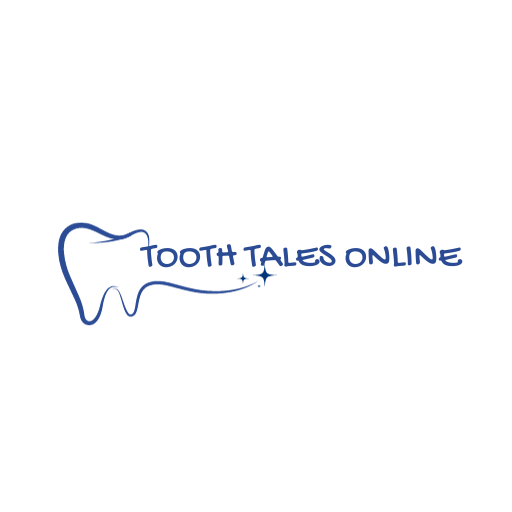
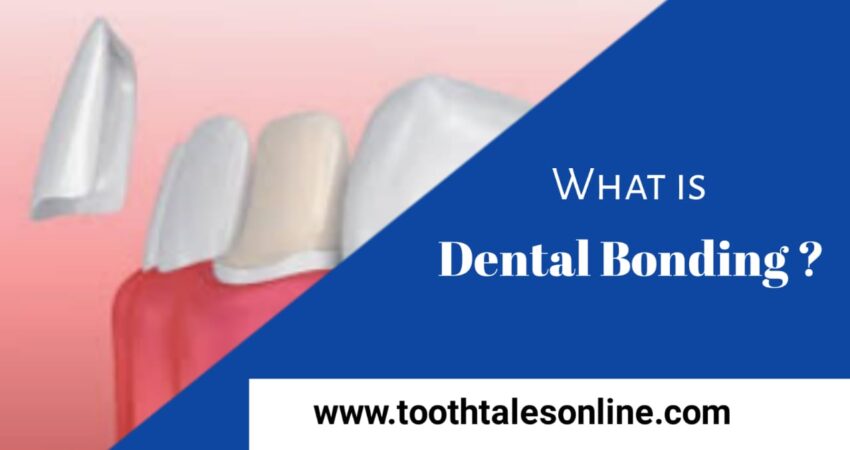

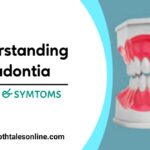
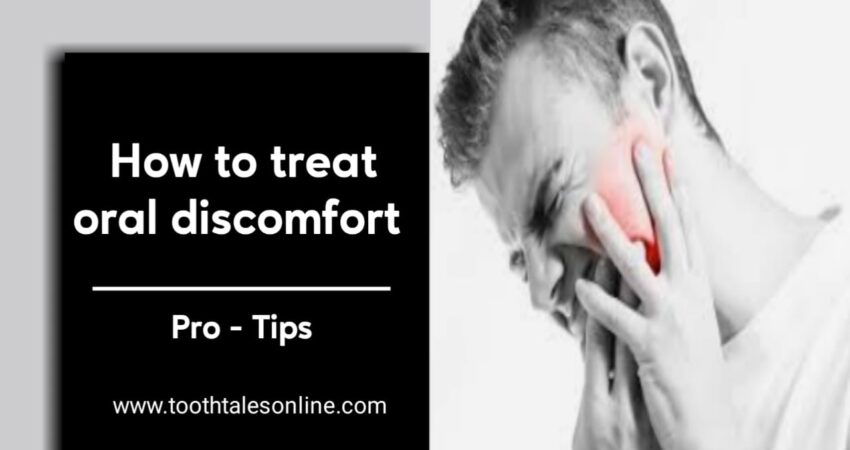


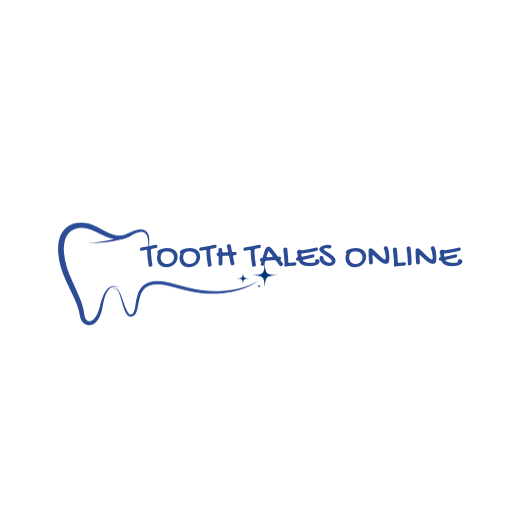


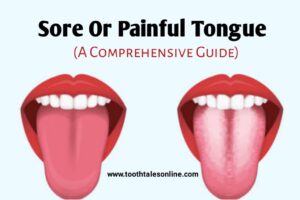
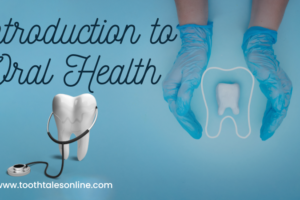










Add Comment